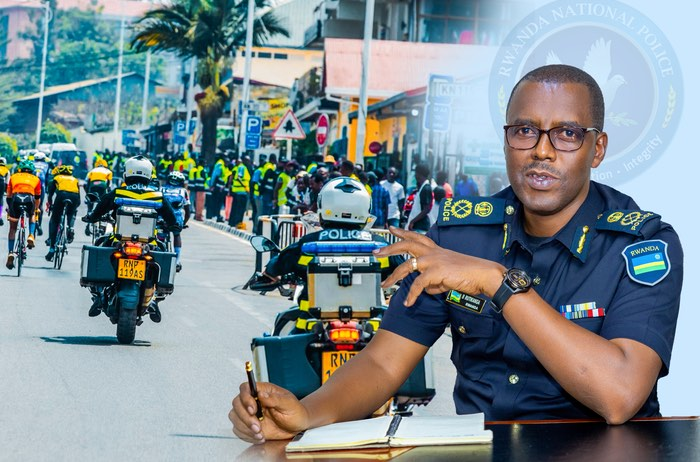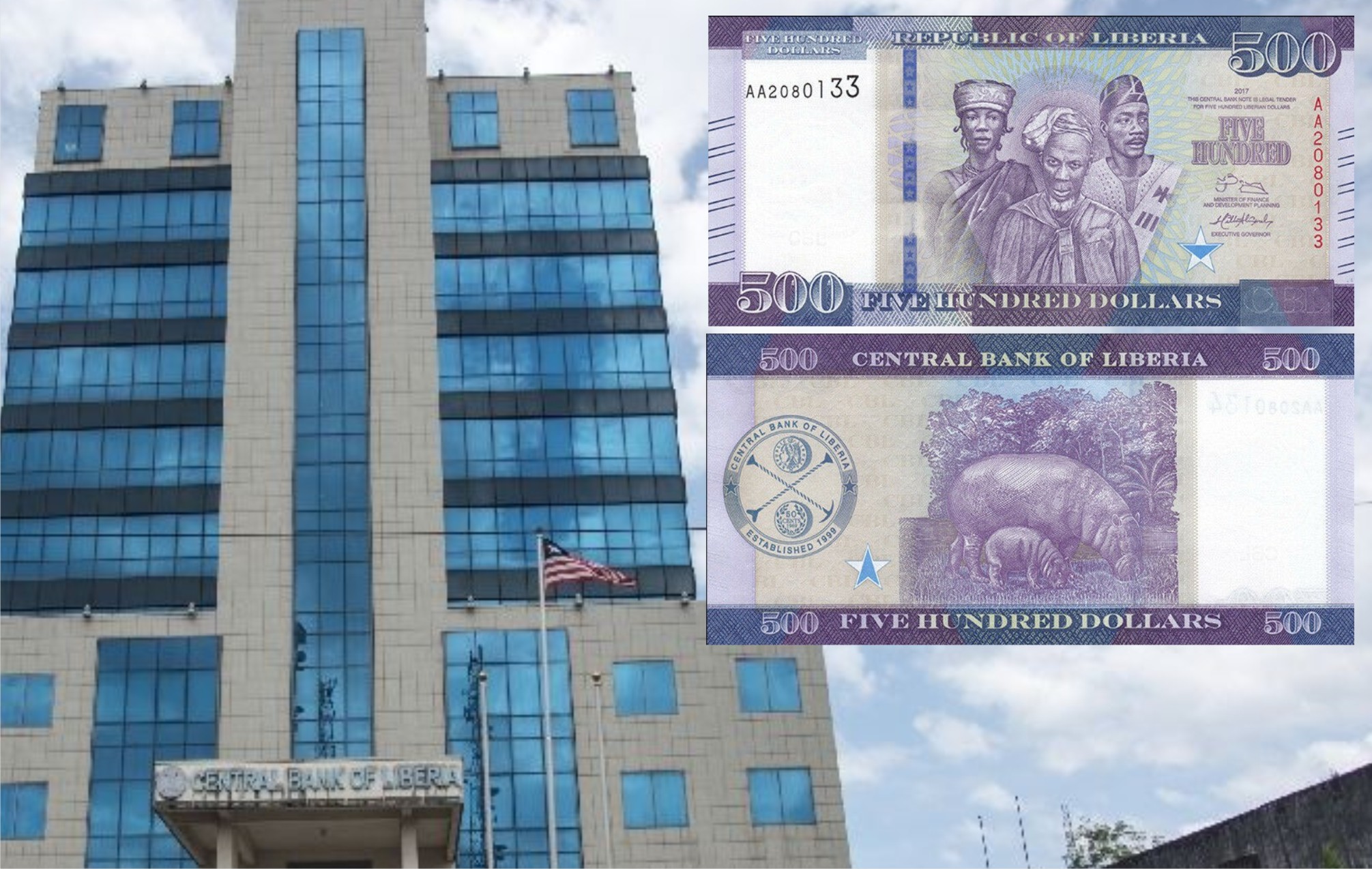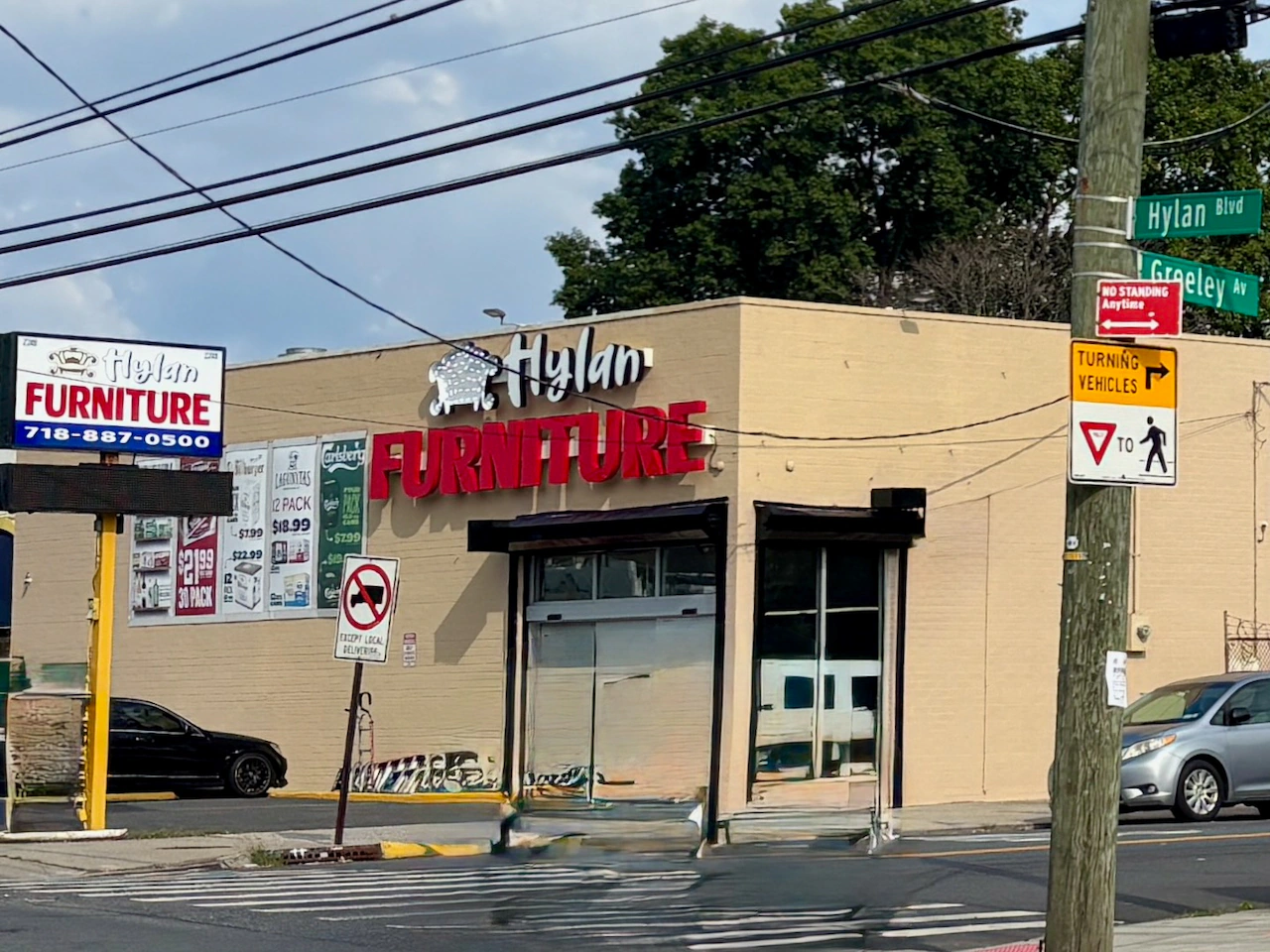By Editor,Ip Francois Mugiraneza
Copyright rnanews

By IP Francois Mugiraneza
From September 21st to 28th, Kigali will host the 2025 UCI (Union Cycliste Internationale) Road World Championships, bringing together world-class cycling champions.
The championship will feature giants of the sport such as Slovenian Tadej Pogačar, winner of the 2024 edition in Zurich, Tom Pidcock from Great Britain, known for his climbing power, and Eritrea’s Biniam Girmay, competing in the ‘Elite Men’ category. In the ‘Elite Women’ field, France’s Pauline Ferrand-Prévot, winner of the 2025 Tour de France, and Dutch rider Demi Vollering, another exceptional climber, will be among the stars on the start list.
More than 100 countries are expected to take part, with over 900 riders and their technical teams already training in Rwanda in preparation for the main event. The competition will include two major parts: the Time Trials and the Road Race, both set on courses across Kigali.
This global cycling event, the first of its kind in Africa, promises to be cheerful, successful, safe, and memorable. For one week, Kigali’s roads will transform into race tracks where champions push their limits and thousands of fans cheer every sprint in the designated fan zones.
To achieve this success, many institutions have been working tirelessly. Among them, the Rwanda National Police has the crucial task of ensuring the championship runs safely without disrupting the daily life of the city.
Mobility and traffic management
According to Assistant Commissioner of Police (ACP) Boniface Rutikanga, Police Spokesperson and Commissioner for Public Relations and Media, the riders must race without worry, and the city must keep moving without disruption.
“RNP has put in place measures to ensure that cyclists ride safely. Race routes have been clearly marked and communicated, with diversions planned. Simulations have been carried out and traffic police officers are ready to guide the flow.”
“As usual, we urge the public to remain cooperative and follow instructions from Police officers who will be deployed to guide riders, team staff, and spectators, while continuing to work with security organs to prevent any disruptions,” ACP Rutikanga explained.
According to ACP Rutikanga, race routes will close one hour before each stage. At every junction, traffic police and youth volunteers will be in place to guide vehicles onto deviation routes, assist pedestrians in crossing safely, and ensure fan zones do not spill onto the race track.
He added that while racing routes will be tightly managed, police will also cover alternative roads to allow everyday traffic to move smoothly.
“At every deviation route to be used during the tournament, police officers and youth volunteers will guide the public and facilitate traffic flow. In areas expected to host many fans, additional police officers will ensure safe and orderly cheering,” he explained.
The spirit of safety
According to Valentin Bigango, Vice President of Ferwacy, Police remain the first and most important stakeholders in the championship, and their work so far has been outstanding, from safety planning to management and enforcement.
“In every UCI road race, the first teammate off the blocks is always the Police. When it comes to road safety, they are the key partners of the peloton, setting the pace and keeping the race rolling smoothly through the city.
From closing lanes and setting up diversion routes to marshalling intersections and controlling fan zones, the Police lead all the way.
We trust in their invaluable services just as we trust that spectators will behave responsibly. Fans must remember that they are not allowed to hand riders anything or pour water on them in the name of encouragement or cooling them down,” he emphasized.
Everyone has a role to play
For weeks, the Police have engaged stakeholders to ensure the championship runs flawlessly. Local businesses, hotels, hospitals, churches, event staff, and even building owners whose premises will host fan zones have all been involved to understand their role in the tournament.
Through community outreach, drivers, commuters, and business communities have been sensitized about what to do and what to expect during race week.
Angelique Tuyishimire, a public transport agent in Kigali, explained: “We are fully aware of what awaits us in terms of transport. We have received numerous briefings and our managers took us through the expected changes. Our role will be to ensure people arrive at their destinations safely and on time.”
More than 80 global television networks are expected to broadcast the races live, reaching an audience of over 300 million people worldwide. For Rwanda, this is more than just cycling, it is a chance to prove that a world-class peloton can race through Kigali’s streets while the city continues to function in harmony.
For visitors, this means the championship will not feel like a lockdown but rather like a festival, where movement is carefully managed. Police officers are not only enforcing rules; they are also part of the hospitality team, ensuring tourists and locals can cheer from fan zones or navigate the city without disruption.
This being the first UCI Road World Championships in Africa, Rwanda knows the world is watching. The aim is not only to crown new champions but also to showcase a country where major events are run with precision, safety, and calm. (End)



